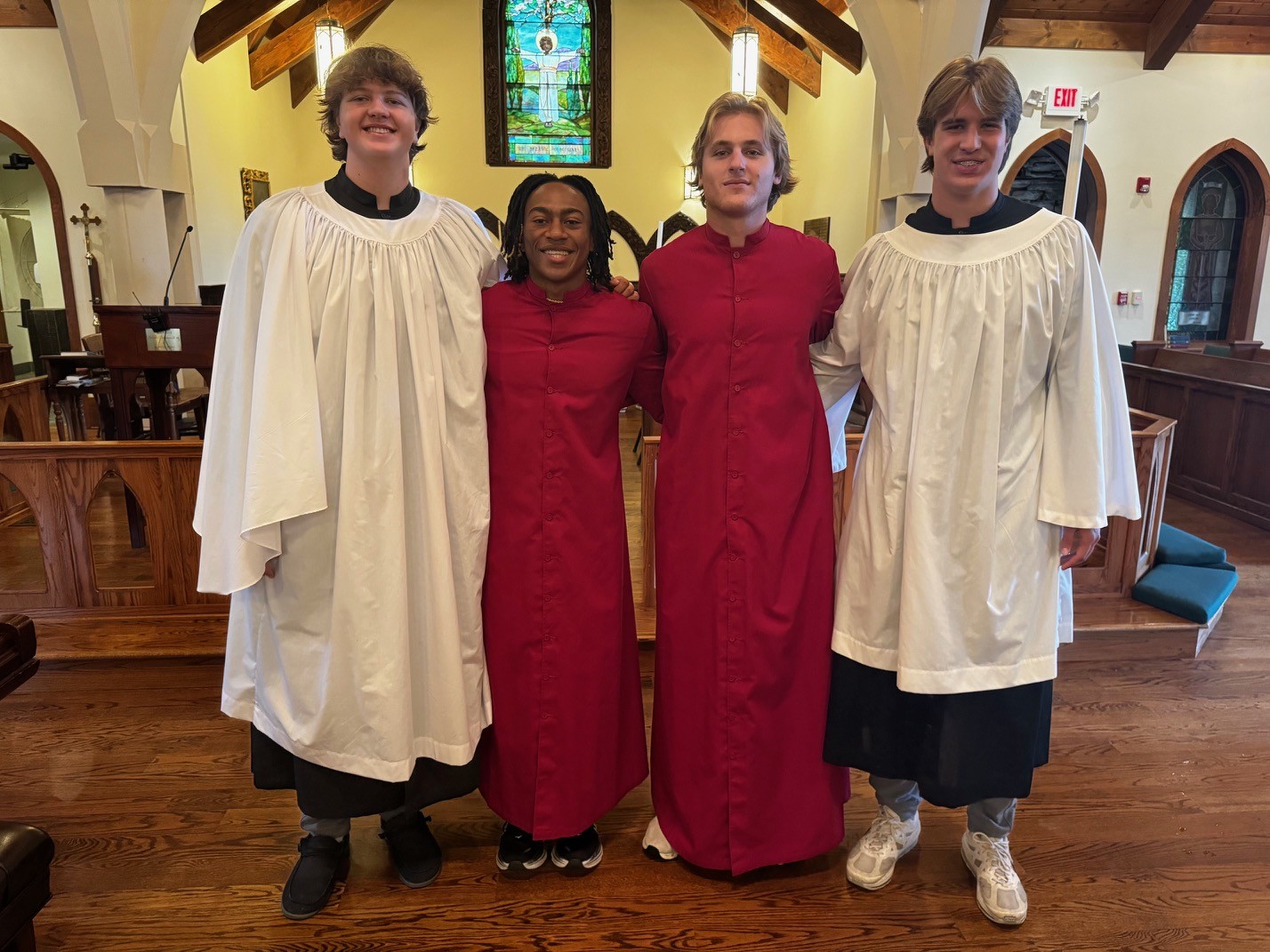
Note: Chaplain Peter Hartwig will be sharing a Daily Devotional between now and Sunday, October 13.
A 2018 article in PLOS One reported that 65% of Americans believe that they are of above-average intelligence. Need I say more?
It’s really hard for us to get an accurate picture of ourselves. Put another way, self-awareness is hard to come by these days. So how do we develop it?
Yesterday we started looking at Paul’s First Letter to the Thessalonians. In the opening of that letter, he takes the time to talk to his friends about what he sees in them. They are people whose faith was made real in works. They are people who labored for the sake of love. They are people who accepted the Good News about Jesus with a deep conviction, with an open heart, and with a powerful experience of the Holy Spirit. What is more, he makes it clear that his high opinion of these people is not a matter of coddling them or faking-interest in them. It’s based in reality, because he has seen these Greek Christians do, experience, and be amazing things.
As Christ School’s Chaplain, I can certainly say the same thing. I have seen our boys do, experience, and be amazing things. I have even seen you all, step by step, develop some real self-awareness.
In one of my classes two weeks ago, we had a conversation about what other countries think about American culture. All the international students said the same thing: Americans are so unfriendly! In near unanimity they all said that it is hard to make friends here. Americans are so much slower to consider you a friend than other places in the world.
What they said really had an impact on the rest of us in the room. You could see the wheels turning in those American heads of ours as we thought to ourselves, “You know… these guys might have a point.” And as the US-born students carried the conversation forward, you could hear us wrestling with this idea that our own culture is not as self-aware as we had previously thought.
So how do we develop self-awareness? Well, for one, we listen to what people say about us – especially the people who care about us the most. We let other voices into our lives except our own. And the first of those voices is God’s. The God who loved us enough to die for us in Jesus Christ is the same God who speaks to us in letters like 1 Thessalonians. This is a God who pronounces us forgiven, adopted, embraced, and empowered in Jesus Christ and in the Holy Spirit. It is exactly what St. Paul wanted his friends to know in that ancient letter. It is the same thing I hope you all come to know today.
Until tomorrow, H.
